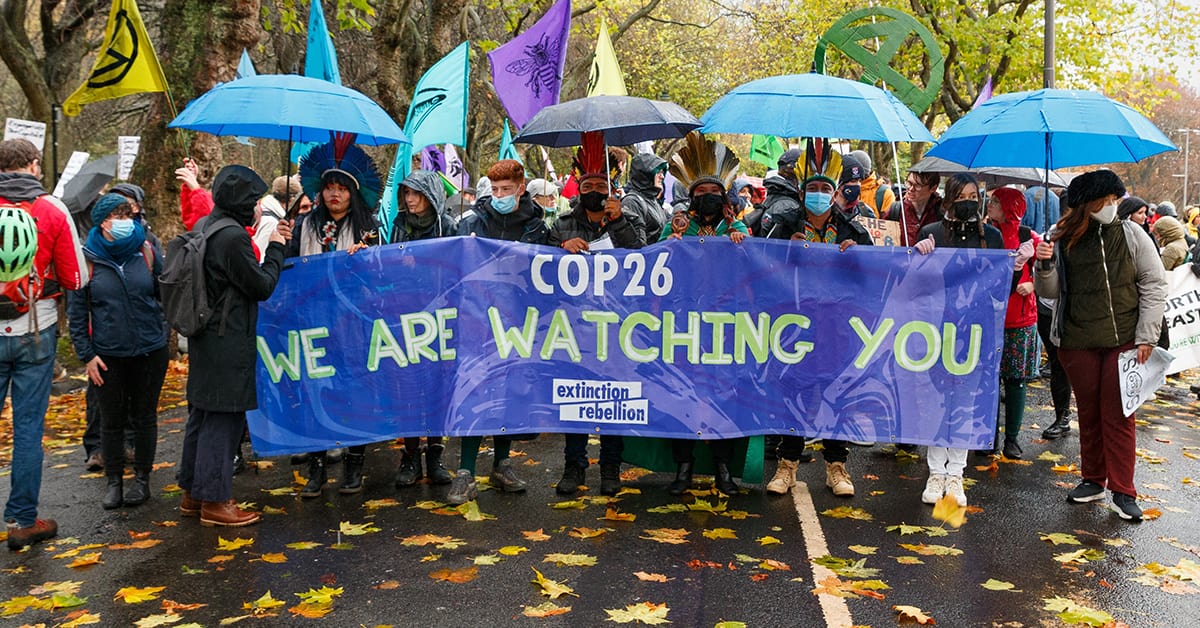Those looking for good news focused on narrow progress and incremental advancement of targeted policies.

COP26, the long-awaited UN climate summit held in Glasgow with leaders and delegates from 200 countries, was not all—as Swedish activist Greta Thunberg described it—“blah, blah, blah.” Nor was it an indisputable success.
Despite pledges to reduce methane emissions by 30% this decade, and to stop funding new foreign fossil-fuel projects, concessions made to major carbon-emitting countries like the US, India and China weakened the final deal. Most important, the lack of strong enforceability provisions mean few will take it seriously.
The disappointments for environmentalists continue. According to critics, the much-praised pact between the US and China to boost climate cooperation was high on symbolism and low on specific targets or funding. The plea of poorer nations for compensation due to the loss and damages caused by developed countries’ emissions also fell on deaf ears.
Those looking for good news focused on narrow progress and incremental advancement of targeted policies. “It is a pipe dream to expect global agreement on anything,” says Richard Tol, an economist at the University of Sussex in the UK and the Institute for Environmental Studies of Vrije Universiteit in the Netherlands. “The best outcome of the summit is the coalitions of the willing. At COP26—that is, the 26th attempt—the world’s climate policymakers have at last copped on and formed smaller agreements on selected issues, such as methane emission reduction or the deal that will help South Africa end its reliance on coal.”
In what might seem a paradox, Tol argues that the worst result of the conference was keeping alive the idea that the world could limit warming to 1.5 degrees Celsius above pre-indutrial levles—the level scientists have said is necessary to avoid catastrophic and unmanageably rapid climate change. “It is one thing to be ambitious, quite another to promise to do something that you know you can never achieve—and tell scary stories about what will happen if you don’t,” he says.



